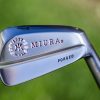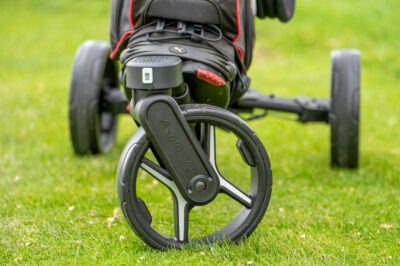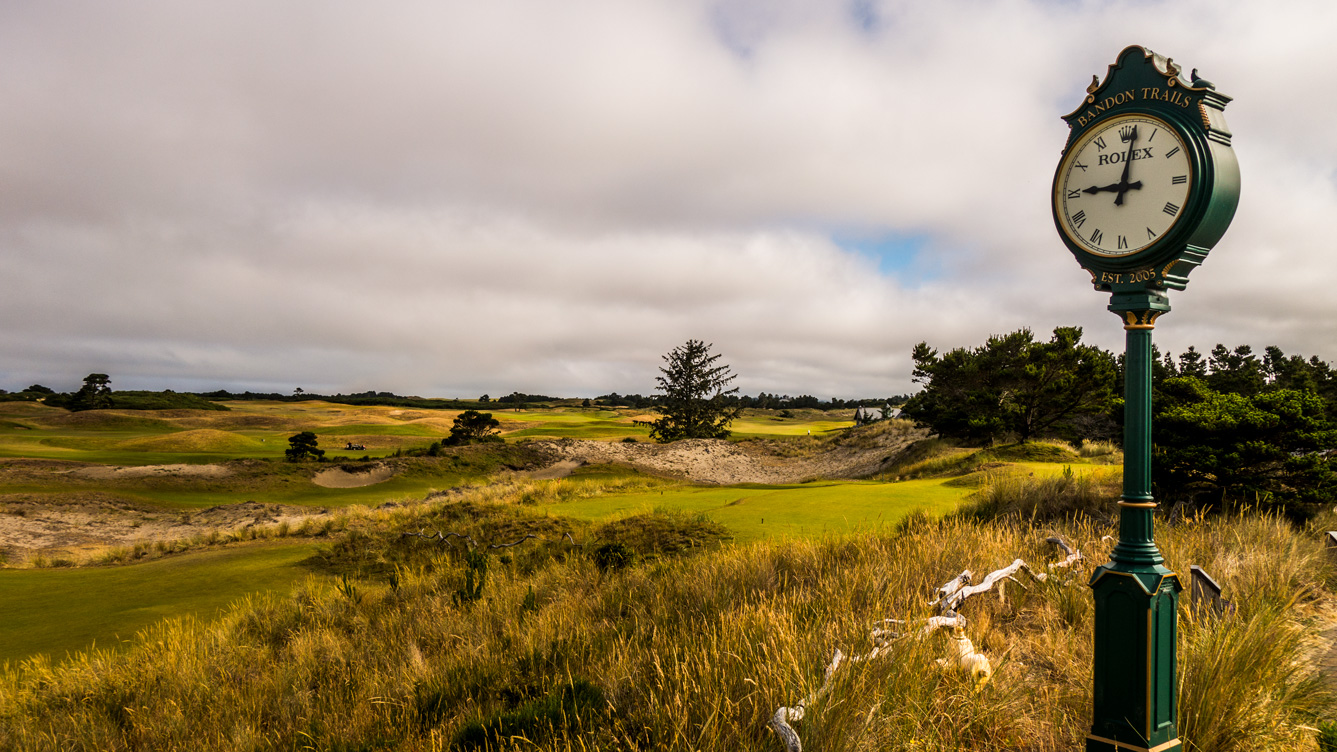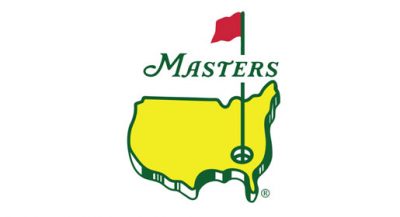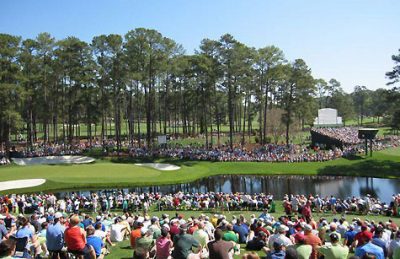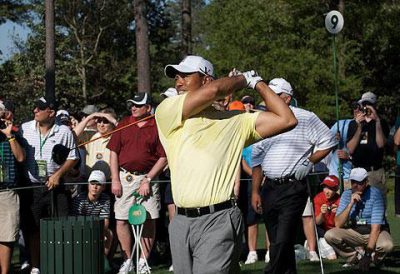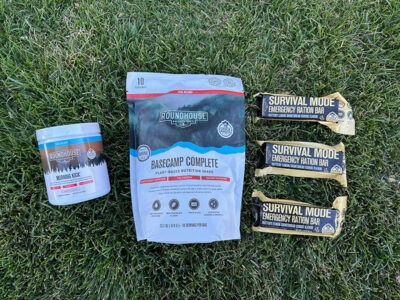Common golf injuries and how to treat them
While golf is not generally considered a dangerous sport, there is still always the risk of injury. Your risk of getting injured is increased if you play golf often. It is hard to give up time on the golf course, but if you are in pain you should seek medical attention. If necessary you may have to forgo a few weekend tee-offs. This may seem devastating if golf is your primary hobby and means of de-stressing. But it will give your body a chance to heal and recuperate, and you’ll be back on the greens before you know it. In the meantime, there are always other less strenuous activities that you can do. Read some golf books, download some interesting podcasts, or try your hand at some online casino games.
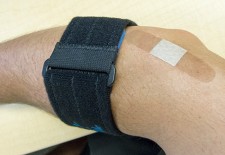
Tennis Elbow
Golfer’s elbow
Golfer’s elbow is an increasingly common injury faced by golf enthusiasts. This is caused by the inflammation of the tendons in your arm. If you are holding your golf club too hard, ease up a little! This tight grip may contribute to developing golfer’s elbow. If you have golfer’s elbow you will feel discomfort and pain in the inner part of your elbow. In order to avoid getting this frustrating injury, make sure that you remain cognizant of how hard you are gripping your club, and remember to stretch before playing –especially if you do not play regularly, or have not played in a while. Some people find that wearing a golfer’s elbow compression strap can help with the pain they experience.
Plantar Fasciitis
Plantar Fasciitis occurs when the fibrous sheath that lies under the sole of your foot (formally known as the Plantar Fascia) becomes inflamed. This often plagues golfers who do not have adequate footwear and walk around the course for a long time. You need to have golf shoes that support both the soles and the arches of your feet. Some people may want to investigate getting orthotic insoles as these can often be helpful in preventing pain. Symptomatic pain can be managed with the aid of ice-packs and anti-inflammatory medication.
Knee Pain
Many golfers will experience knee pain at some point in their golfing career. During golf, you put a lot of pressure on your knees. Such weight bearing activity, combined with the strain from rotating when swinging can cause or aggravate pain in the knees. It may be advisable in this situation to make an appointment with your local physiotherapist who can advise you on specific knee strengthening exercises. Injections or braces may also be an option depending on the exact nature and location of your knee pain.
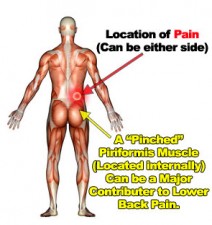
That’s the spot (photo courtesy lowerbackpainguide.org)
Lower Back Pain
Lower back pain is also another all too common golfing injury. Between the strain placed on your back from the golf swing, and the hunched over posture that many of us have on the golf course, and in our everyday lives, back pain is bound to happen. Doing core strengthening activities like Pilates can help make your back muscles stronger. Always remember to take care of your back when picking up a golf ball. Instead of bending your back, bend at the knees instead.

